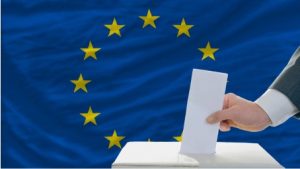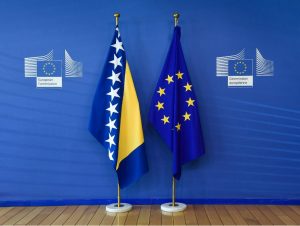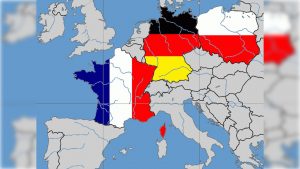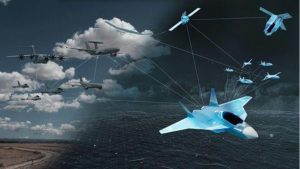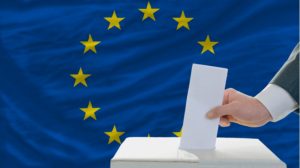While the EU is still facing unprecedented challenges due to the war in Ukraine, how far has it gone in integration of its defense policy or even establishing a “European army”? While NATO has been bolstered with the joining of Finland, and soon Sweden, the question is how much strategic autonomy the EU will have in the current situation.
The EU’s defense policy is unique, since it not only necessitates military force, but refined expertise in various fields from humanitarian affairs, justice and policing. This is why in May 2023 the member states of the Council adopted a new civilian CSDP Compact relating to the EU’s Strategic Compass. Security challenges today are more complex, are increasingly accelerated and have an impact on a larger scale than any time in history. This is why security and defense challenges of today require a more refined and thorough approach, meaning a stronger civilian-military coordination. When faced with rising regional instability the EU is willing to deploy over 200 civilian experts on field within 30 days which will be supported by policing forces in the EU’s neighborhood.
The priorities of the civilian leg of CSDP include strengthening rule of law, police force, civil administration and core government functions including security sector reform. The Council Conclusions emphasize the importance of exploiting synergies between civil and military aspects of crises such as hybrid threats. Being close partners with host countries as well as with international organizations (UN, OSCE, NATO) can strengthen integration of joint efforts, however, must also take fully into account the EU’s and Europe’s security interests and guarantees.
While NATO is a necessary archaic institutions embedded in Cold War thinking, the EU has a chance to create a genuinely encompassing European Security Architecture focusing on integration rather than deterrence, since it is only through the former that the European continent can reach relative peace and stability. The ongoing war in Ukraine shows the increasing importance and diminishing relevance of the EU’s actorness in providing long-term answers for parties of varying interest, while its biggest achievement is ensuring peace on the European continent post WWII. The question remains whether the EU can broker a long and lasting peace on the European continent or will it be subverted into different foreign policy interests. The 2024 European elections will be a new litmus test for the institutions and politicians alike, in shaping the Europe of tomorrow. The way the EU’s strategic autonomy will go forward depends on the outcome, which can thwart or enable robust action to stabilize conflicts in the outskirts of Schengen and beyond. This is why it is the responsibility of European citizens to show the way forward in what kind of Europe of tomorrow they want to see.
